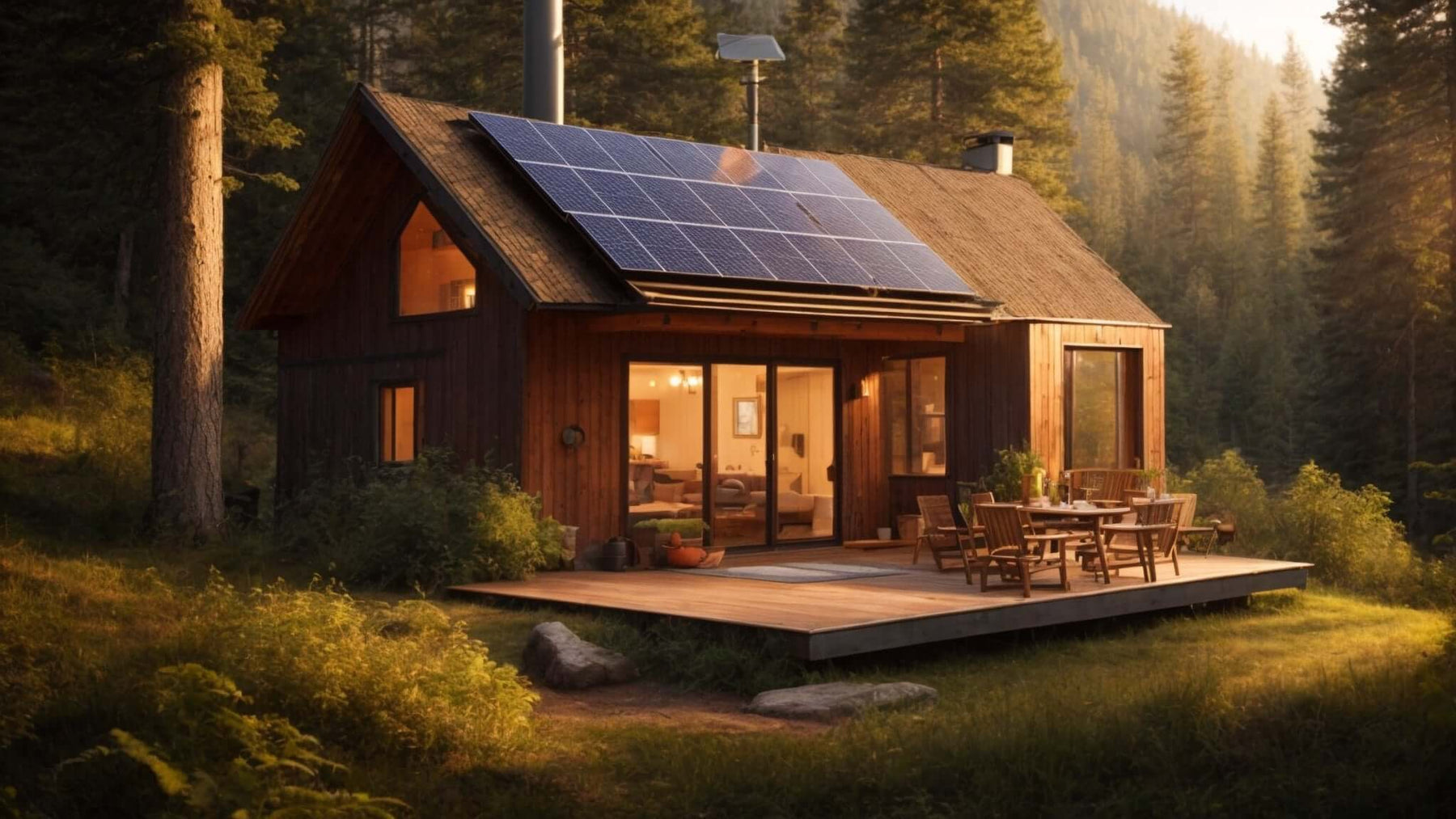
A Comprehensive Starter Guide to Transitioning to Off-Grid Living
A Comprehensive Starter Guide to Transitioning to Off-Grid Living
Are you considering a move towards off-grid living? Whether you're looking to reduce your carbon footprint, become self-sufficient, or simply embrace a simpler way of life, transitioning to off-grid living can be an exciting and rewarding journey. To help you get started, we've put together a comprehensive starter guide that covers the basics, planning steps, and essential considerations. Let's dive in!
Understanding the Basics
Off-grid living refers to living without connection to public utilities such as electricity, water, and sewage. It involves generating your own power, collecting rainwater, and managing waste independently.
Before embarking on this lifestyle, it's essential to understand the fundamental aspects:
- Energy Generation: Determine the most suitable renewable energy sources for your location, such as solar panels, wind turbines, or hydroelectric power.
- Water Management: Explore methods for collecting, filtering, and conserving water, including rainwater harvesting and well drilling.
- Waste Management: Implement eco-friendly systems for composting, recycling, and responsible disposal of waste.
Planning Your Transition
Transitioning to off-grid living requires careful planning. Here are some important steps to consider:
- Assess Your Needs: Determine your energy, water, and waste requirements based on your lifestyle, family size, and location.
- Evaluate Your Property: Assess your property's solar exposure, wind patterns, water sources, and soil quality to determine its suitability for off-grid living.
- Design Your System: Work with experts to design an integrated system that meets your specific needs, including energy generation, water collection, and waste management.
- Financial Considerations: Calculate the upfront costs and ongoing expenses of transitioning to off-grid living. Explore available incentives, grants, and financing options.
Essential Considerations
As you embark on your off-grid living journey, keep these essential considerations in mind:
- Education and Skill Development: Learn about sustainable living practices, renewable energy systems, and essential maintenance skills.
- Community Support: Seek out like-minded individuals and off-grid communities for support, knowledge-sharing, and collective efforts.
- Backup Systems: Plan for backup power sources and alternative water supply options in case of emergencies or system failures.
- Adapting to Change: Embrace the challenges and rewards of off-grid living while being open to adapting your lifestyle and habits along the way.
Transitioning to off-grid living is a significant lifestyle change that requires careful consideration and planning. By understanding the basics, following a comprehensive plan, and keeping essential considerations in mind, you'll be well on your way to embracing a sustainable and self-sufficient lifestyle.


Leave a comment